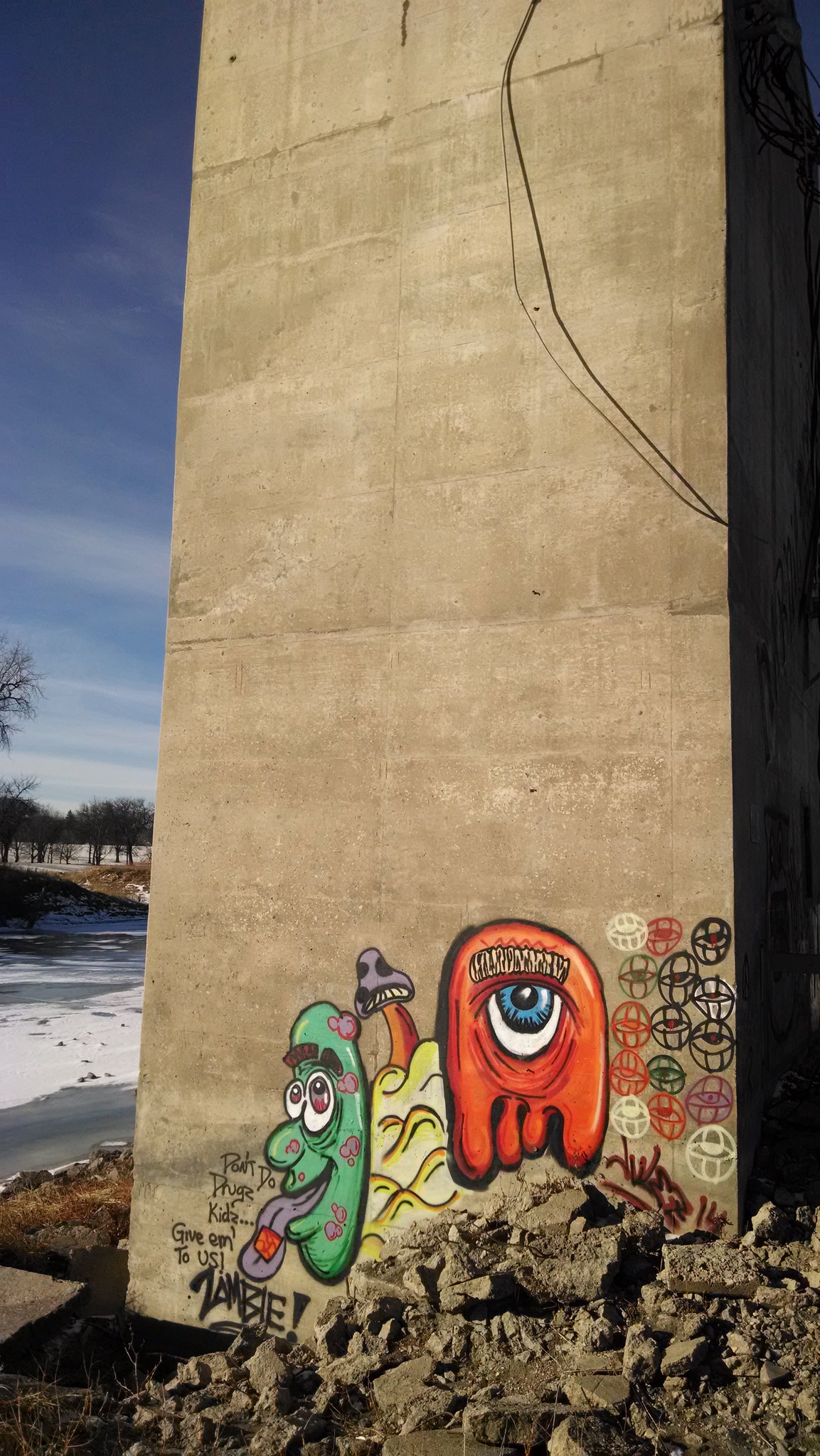Photo from a local race, by Wes Peck.
Starting a map-based race calendar (even typing that feels weird) brings up a lot of questions from people who are used to finding races the old way. Here are a few complains, and my rebuttals:
I’m too badass for the races near me.
I get it–you’re a badass, and you don’t want to waste your time. You travel far and pay big money to do races against other badasses. How did those races attract all those badasses? For the most part (well, for grassroots races I enjoy), it’s because some badass took a chance and entered it, even knowing he or she would win. If you’re a badass, you most likely know other badasses from racing them, repeatedly, at your regular badass races (which also happen to be far away). Take a chance on your local race and raise the bar–invite your badass friends to stay at your place (you get to sleep in your own bed), then get up and race. You’re adding to the local sport, and that’s a good thing.
I’m not good enough for the races near me.
So you’re a new athlete, or a “slow” athlete–or maybe you really are slow, by all measures (and I’m okay with that if you are). If you like racing for the sake of racing, doing something “above and beyond” what you’re used to is a great, fantastic way to get pumped beforehand and then go out and test yourself. Before you ran a mile, you’d never run a mile before. Use a nearby race as a way to try something new without having to shell out for the privilege.
The races near me are too expensive.
I struggle with this one, because it’s become a problem in the last several years. Races that used to cost $15 and included food and prizes now cost $40 (or $100) and include food, prizes, a band at the finish, a fancy shirt, and a bunch of other stuff. I’ve outgrown wanting all that other stuff, but it’s okay if you like it–there are plenty of races out there that will gladly take your money and give you stuff in return, then tack on a race.
Local competition (meaning other, cheaper nearby races) ought to be the answer, but sometimes that’s not possible (or else you wouldn’t be asking this question). You may have to travel if you want to race on a certain date and can’t find anything local, but the key here is to tell the race why you aren’t entering. Race directors tend to only get positive feedback, and only then from people who actually did the race. If you would do it “except it costs too much,” drop them a line and tell them so (nicely). It’s only through this type of feedback that RD’s can learn that most of those pint glasses end up being donated to Goodwill at the end of the year.
There aren’t any races where I live.
A lot of times, there just isn’t a race that’s local, or near enough to be called local. The best way to fix this? Put on a race! Work with local clubs (running, cycling, whatever you have) to get something going. Maybe your local government will even chip in some money if it brings people to town. It will take some work, but you can start with informal events and go from there.
Good luck folks!







